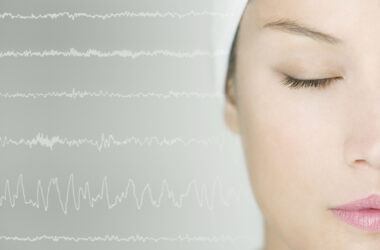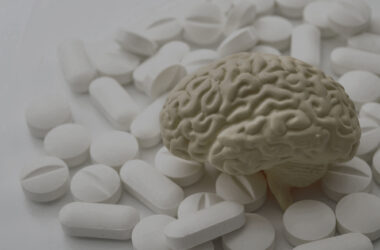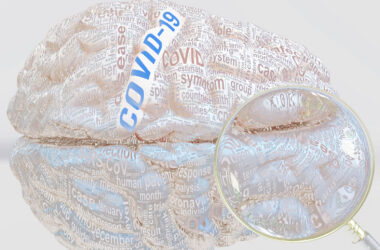While the brain cannot feel pain, it is constantly changing and incredibly complex. It is the most important organ as it keeps us running.
However, various conditions like PTSD, depression, alcohol abuse, schizophrenia and concussions can impact the physiology of the brain.
Let’s explore how these conditions can change the brain.
- PTSD: PTSD is triggered by a significantly traumatic event, which causes fight or flight. PTSD causes the amygdala or the part of the brain that controls emotions to be overactive. It can also impact the decision-making and memory areas of brain.
- Depression: Depression not only impacts mental states, mood and cognition. During a state of depression the physiological state of the brain changes. There is lessened activity in areas such as prefrontal lobes, which controls reasoning, personality, and judgment. Depression can also lead to brain inflammation, which can cause brain cell loss.
- Alcohol Abuse: Alcohol directly impacts the brain with symptoms such as blurry vision, slurred speech, and memory loss. These occur because alcohol kills brain cells. Prolong alcohol abuse negatively effects the brain as it shrinks certain areas, impairing functionality and cognition. Those suffering from alcoholism often have a smaller hippocampus decreasing learning and memory.
- Schizophrenia: Those who suffer from schizophrenia have less grey and white matter in their brains than those who do not have this condition. White matter helps the brain transmit information while grey matter helps process the information. With reduced levels of grey and white matter, those with schizophrenia tend have multiple symptoms like dissociative episodes.
- Concussions: Concussions happen when the brain experiences blunt force trauma from incidents like bumping your head, a car crash, sports incidents and more. When the brain slides and hits the inside of the skull, it can cause bruising and tear nerve tissue. These injuries can have mental and physical side effects. Concussions can shake up the balance of chemicals in the brain, harm nerve cell function and trigger inflammation. Brains can often heal themselves, but multiple concussions can lead to long term damage.
Dr Todd Kuether of Kuether Brain and Spine is a neurosurgeon practicing in Portland, Oregon.










